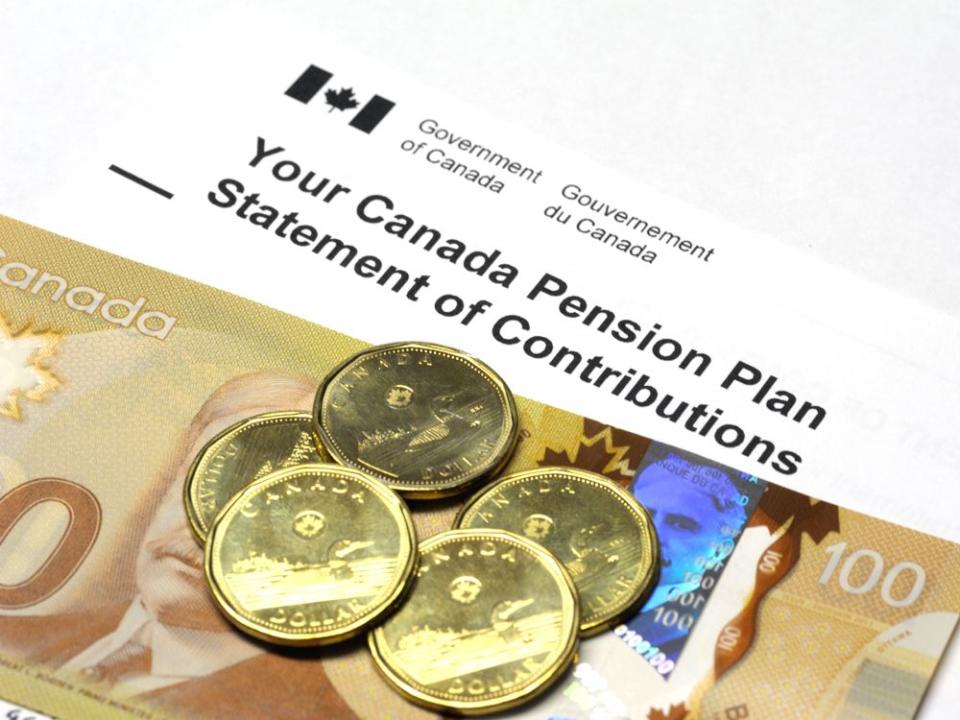Matthew Lau: Watch out for ESG assets that turn out not to be

Milton Friedman famously observed over five decades ago that discussions of corporate social responsibility — the idea that corporations are obligated to achieve social objectives instead of focusing on increasing profits — “are notable for their analytical looseness and lack of rigour.” Today, talk of CSR has largely been replaced by ESG, which stands for Environmental, Social and Governance. The two are not identical; a key difference is that ESG has broader application. While CSR applies only to corporate behaviour, ESG is also meant to guide individuals to invest their money based on ESG criteria instead of solely financial considerations.
Around the world, the rise of ESG investing has been hastened by: regulatory enthusiasts looking to politicize commerce and expand government economic control; rent-seekers in various industries; activist non-governmental organizations; slick marketing by asset management firms charging higher management fees for the ESG label; and the adoption of ESG investing by public pension plans, including the Canada Pension Plan.
Not everybody is on board with the ESG agenda, however, and its rapid rise has been accompanied by increasing scrutiny and widespread questioning of its analytical rigour. “The backlash against ESG investing,” an editorial in the Wall Street Journal declared in August, “has finally arrived.” In a rare moment of clear thinking, Al Gore and co-author David Blood wrote in a recent article that they actually agreed with much of the recent criticism of how investors say they use ESG criteria and were “unsurprised by the recent backlash against the multiple definitions and confusing terminology, the overreliance on checklists, the potentially misleading marketing campaigns, and the frequent lack of rigour and accountability.”
But then, reverting to typical Gore: “These criticisms are by no means evidence that sustainable investing and ESG are failed concepts … Sustainable investing is about investing in businesses that are driving toward a world with low greenhouse-gas emissions that is also prosperous, equitable, healthy and safe.” According to Gore and Blood, sustainable investing “is consistent with the fiduciary duty that investment professionals owe their clients,” and since “all businesses affect social and environmental issues, for good or ill, all investment must consider risk, return and impact as part of fiduciary duty.”
Underlying these statements is a fundamental misunderstanding of fiduciary duty. The Gore/Blood objective of “a world with low greenhouse-gas emissions” is rooted in concern about global warming, but no individual contributes so much to global warming as to suffer a measurable cost from that contribution. Any costs from man-made global warming are caused by billions of people and are diffused over billions of people. Fiduciary duty requires the asset manager only to consider the interests of the client, not the billions of other people; other institutions exist to do that. If the environmental or social impact of the client’s investment does not affect the client, fiduciary duty disallows the asset manager from considering it.
Matthew Lau: Trudeau knows even less about entrepreneurship than monetary policy
Matthew Lau: Theresa Tam tests positive for creeping-government virus
ESG’s abandonment of fiduciary duty is a significant part of the investing backlash against it. As noted by the Wall Street Journal editorial, attorneys-general from 19 states with public pension funds invested in asset management giant BlackRock recently sent a letter to the company looking for answers as to whether its ESG investing strategies were at odds with its fiduciary duties. “BlackRock appears to use the hard-earned money of our states’ citizens to circumvent the best possible return on investment,” the letter stated, citing BlackRock’s intentions to use assets under its management to pressure companies to achieve climate change targets consistent with the Paris Agreement.
Compounding concerns about fiduciary duty are questions about the social or environmental good actually achieved by investments with the ESG label. Last week, Corporate Knights reported that Canadian assets under management classified as “responsible investments” fell about $200 billion from 2019 to 2021, as many investments labelled “responsible” in 2019 were, due to reclassifications, no longer counted as “responsible” in 2021. Similarly, in what Bloomberg News called “ESG Fund Chaos,” asset managers across Europe recently reclassified over $100 billion in assets with ESG downgrades. And earlier this year Morningstar stripped 1,200 ESG funds managing over US$1 trillion in assets of the ESG label.
In other words: many hundreds of billions of dollars in investments said today to be environmentally and socially responsible may tomorrow be considered not so responsible after all. This is analytical looseness indeed. Meanwhile, for all the talk of socially responsible investing, a report last month by U.K.-based charity Hong Kong Watch listed major asset managers and pension funds who, through holdings in Chinese and emerging market index funds, had exposures to companies with ties to the enslavement and genocide of Uyghurs in China. Among those on the list were the Canada Pension Plan and BlackRock. How socially responsible are they, really?
Matthew Lau is a Toronto writer.

 Yahoo Finance
Yahoo Finance 